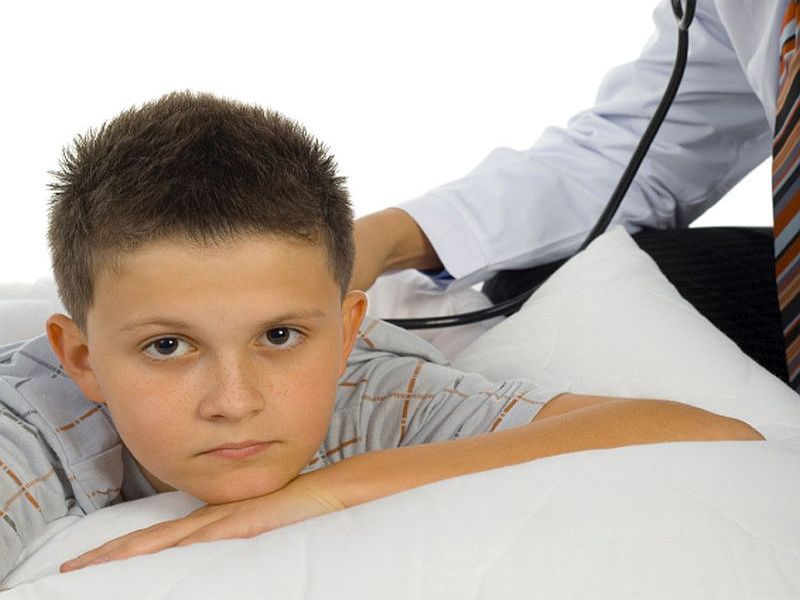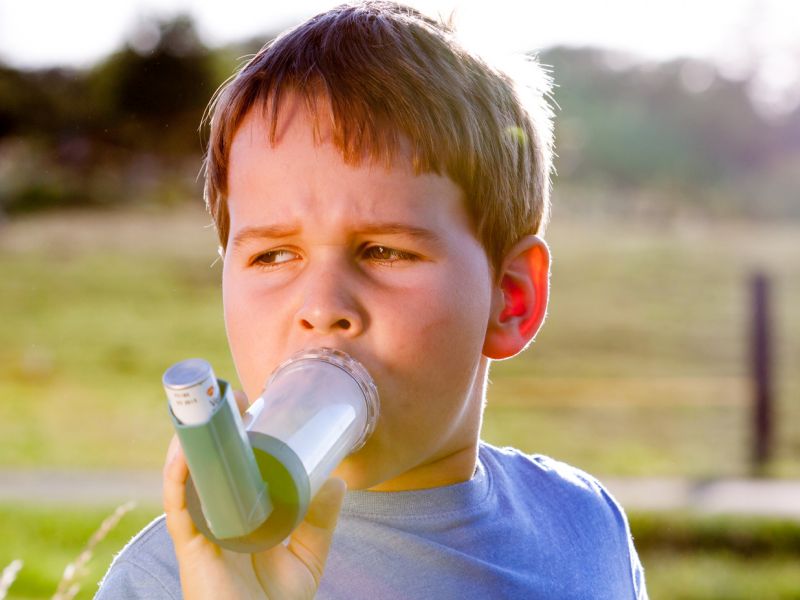
Eating solid foods is a milestone in your child’s life. With the right precautions to reduce the risk of choking, you can make this a safe transition. Teach children to sit up straight from the earliest age. Always supervise mealtime. A choking child may not make any noise to alert you from another room. Don’t… read on >






























